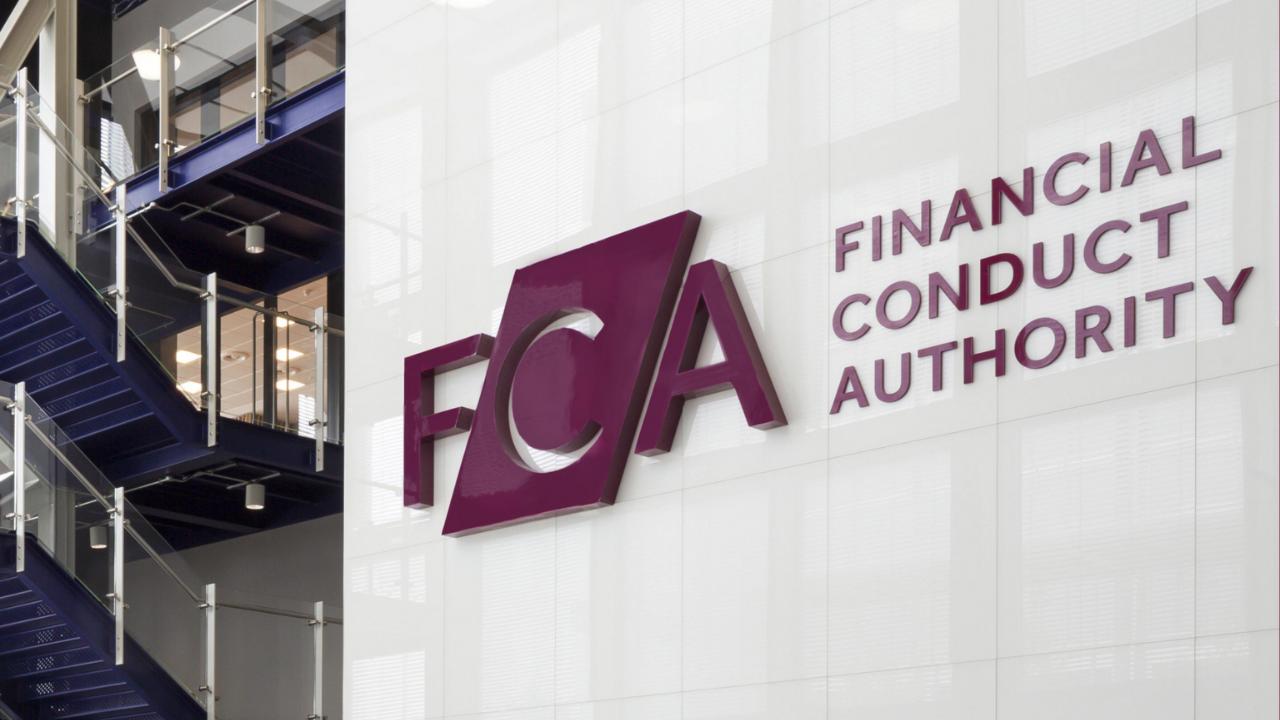UK FCA proposes new rules to align crypto with TradFi

TL;DR Breakdown
- The United Kingdom FCA is seeking feedback on proposals to establish standards for the crypto industry in line with the TradFi sector.
- The proposal will ensure that the FCA covers other aspects of the crypto sector aside from financial promotions and crime prevention.
- The FCA says the new proposal also focuses on protections for customers and businesses.
The United Kingdom Financial Conduct Authority (FCA) is seeking feedback on proposals to establish standards for crypto firms in line with the regulations for the traditional finance (TradFi) sector. The country’s top financial watchdog is seeking to improve the current regulation concerning the sector.
According to reports, digital assets regulation in the United Kingdom is currently limited to financial promotions, a development that has drawn criticism from market participants, with some noting that it amounts to indirect regulation and discourages businesses from engaging with the crypto industry. However, the signing of the Financial Services and Markets Act (FSMA) 2023 into law gave the agency, alongside other authorities, the power to add digital assets to the existing financial regulatory framework.
UK FCA proposes TradFi regulations in the crypto industry
According to several reports, the consultation process concerning the crypto industry in the United Kingdom has been running since 2023, with regulators looking to establish what the regime should look like. However, this week’s consultation marks the latest update in what the ongoing FCA regulation will look like concerning digital assets in the United Kingdom. The aim remains to allow UK firms to compete internationally.
The consultation proposals are also set to follow the draft regulations that have been published by HM Treasury since April. Specifically, the FCA welcomes comments from consumers and firms that carry out activities using digital assets on the proposals for regulation. The new rules are expected to mirror the requirements already applied to TradFi firms, including operational resilience and controls to fight crimes in the industry.
In the consultation announcement, the FCA mentioned that it is open to discussions on how the consumer duty, which requires firms to deliver good outcomes for their consumers, should apply to the crypto industry. The consumer duty sets better standards of consumer protection across financial services and mandates firms to put the needs of their users first in several aspects, including products and services, price and value, consumer understanding, and consumer support.
Proposal set to cover protection laws for consumers and businesses
In addition, the agency also said it would take into account the unique characteristics of digital assets, mentioning aspects like how complaints should be managed and whether digital asset users can refer them to the Financial Ombudsman Service. The Ombudsman Service is a free service that settles complaints between customers and businesses that provide financial services.
“We want to develop a sustainable and competitive crypto sector – balancing innovation, market integrity and trust,” said David Geale, executive director of payments and digital finance at the FCA. “Our proposals won’t remove the risks of investing in crypto, but they will help firms meet common standards so consumers have a better idea of what to expect.” He also added, “We are working now on what those standards should look like, ahead of legislation to bring it within our regulation.”
When the comment period is over and the legislation is eventually finalized and enacted, it will put certain digital asset activities under the control of the United Kingdom FCA. Usually, the FCA manages aspects associated with financial promotions and prevention of financial crime, but this new regulation could extend it to aspects like stablecoins issuance, safeguarding digital assets, operating crypto trading platforms, intermediation, and staking.
This means that all firms carrying out these activities in the United Kingdom will need to apply for authorization from the FCA. “The proposed new rules and guidance in our Handbook will generally apply to firms, regardless of the specific cryptoasset activities the firm undertakes,” said the FCA. “This aligns cryptoasset firms with standards expected of existing FSMA-authorised firms.” According to the FCA, the aim is to ensure that crypto firms have appropriate systems, controls, processes, financial resources, and people in place.”






